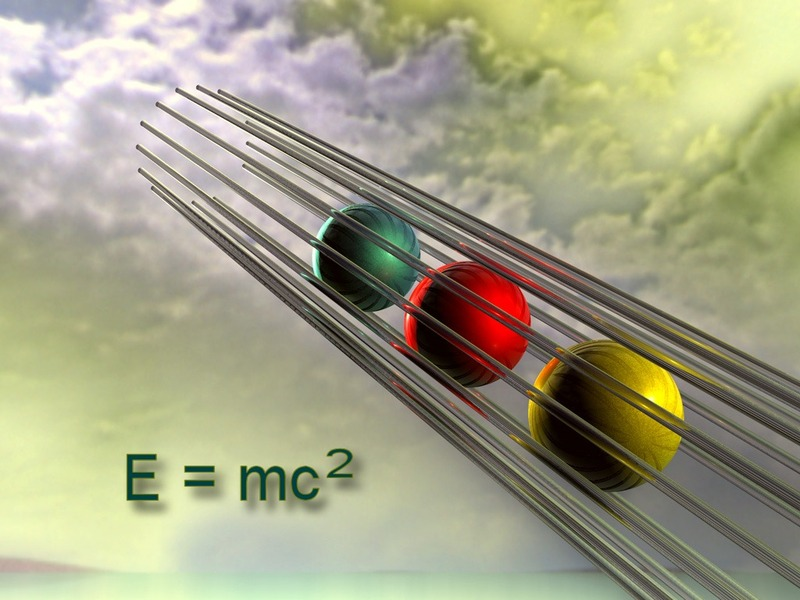 Many parents of young children have vague (and sometimes not so pleasant) memories of studying Physics during their high school years. These same parents with their somewhat patchy memories of what matter and energy are, and how these “Physics things” interact, would be astounded to learn that their kindergarten-age children are in fact ready to study Physics. But isn’t Physics terribly complex with lots of formulae, obscure calculations, and plenty of abstract concepts to glue it all together? How can a kindergarten-age child possibly study Physics?
Many parents of young children have vague (and sometimes not so pleasant) memories of studying Physics during their high school years. These same parents with their somewhat patchy memories of what matter and energy are, and how these “Physics things” interact, would be astounded to learn that their kindergarten-age children are in fact ready to study Physics. But isn’t Physics terribly complex with lots of formulae, obscure calculations, and plenty of abstract concepts to glue it all together? How can a kindergarten-age child possibly study Physics?
[1]Marxen in her article “Push, Pull, Toss, Tilt, Swing: Physics for Young Children”, explores the role of Physics in the learning process and problem-solving skill development of young children. Marxen comments that there are “similarities between how children think and learn and how scientists work. Children, like scientists, are theory builders. When children are allowed to construct knowledge by acting on their environment, they expand their understanding, which in turn contributes to their intellectual development.” So your children are little rocket scientists in disguise, how exactly are they learning and building these theories?
Marxen explains that young children’s Physics experiences usually involve the movement of objects. For most parents and teachers, “movement of objects” is synonymous with play. The action is primary and the observation is secondary. Children typically make discoveries about matter and energy through creative play and simple discovery activities in the classroom and at home. For example, something as simple and inexpensive as some small balls and a few sheets of cardboard (that can be folded into ramp-like structures of varying steepness) can invite children to explore concepts that will only be translated into detailed formulae and complex concepts many years down the road for them. Playing and learning to ask the question “why does that happen” gives these children the opportunity to acquire valuable learning experience. This experience can be built upon to create a practical knowledge base which will later provide a sturdy foundation to which more complex, abstract Physics knowledge can easily be added.
Are kindergarten children too young to study Physics? Absolutely not! Teachers and parents alike can introduce young children to Physics discovery and learning with play-based activities without fear that the children may be overwhelmed or turned off Physics. Plan playtime or classroom activities that focus on getting the children to experiment and make observations about the world they live in, and you will be well on your way to stimulating a life-long interest in, and appreciation for Physics.
[1] Carol E. Marxen; Childhood Education, Vol. 71, 1995.
